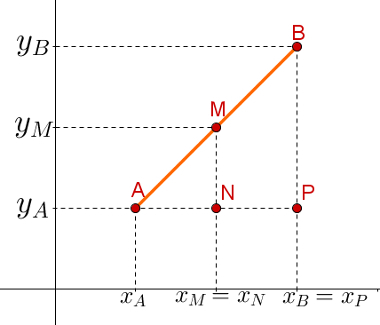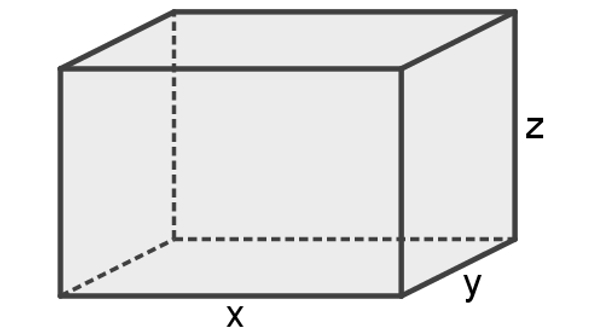A Banco do Brasil customer who fell into a WhatsApp scam decided to sue Nubank to receive a refund for a deposit given through a scam.
The individual received a message allegedly sent by a friend asking to borrow money. Immediately, the BB account holder made a transfer of almost R$ 3 thousand to an account at Nubank.
see more
Alert: THIS poisonous plant landed a young man in the hospital
Google develops AI tool to help journalists in…
Almost immediately after making the deposit, the person realized that the target account was not from the referred friend, a finding that was confirmed when the real person stated that his WhatsApp account had been cloned.
From then on, the citizen decided to go to the banks and file a police report, in an attempt to recover the lost values. Unsuccessful in the first instances of Justice, he proceeded with the process in the Superior Courts.
As a result, the case reached the 9th Civil Chamber of the Court of Justice of the State of Rio Grande do Sul (TJRS). When analyzing the case, the judge Carlos Eduardo Richinitti decided in part in favor of the injured citizen.
According to preliminary information, the crime was framed in the Consumer Defense Code (CDC), since banking activities are considered as providing services to the final consumer.
The CDC establishes that the responsibility to guarantee the provision of a safe service to the consumer falls on the supplier, in this case, the banks, in particular Nubank, which received the deposit as a result of fraud.
understand the decision
The court decision that supported the partial cause of the account holder injured in the WhatsApp coup was represented in a Judgment signed by the judge Carlos Eduardo Richinitti.
According to people who had access to the document, the Judgment questions the lack of responsibility of the financial institutions in cases of fraudulent transactions, which historically are attributed to the fault exclusive to the victim.
The aforementioned magistrate points out that it is necessary to rethink this logic, as fraudulent transactions are directly linked to the vulnerability of the platforms used by scammers to reach victims.
According to the understanding of Carlos Eduardo Richinitti, both the customer and the banks and messaging apps have similar culpability in these cases.
Finally, the Judgment points out that the injured customer will share the loss with Nubank, which will have to return R$ 1,490 to the person, an amount that refers to half of the amount transferred by mistake.
In his initial petition, the client also requested compensation for moral damages. However, he had the request denied due to his partial responsibility in the case.
Graduated in History and Human Resources Technology. Passionate about writing, today he lives the dream of acting professionally as a Content Writer for the Web, writing articles in different niches and different formats.



